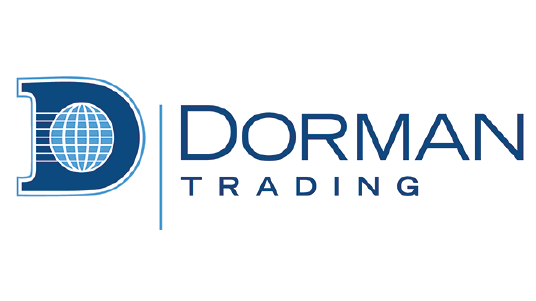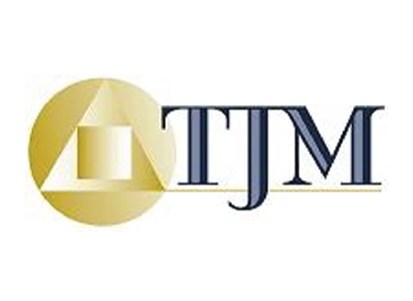♦The ABCs of the AlphaBit Settlement♦
“It shall be an offense for any party to fail to diligently supervise its employees and agents in the conduct of their business relating to the Exchange.” — CME Rule 432.W
That rule led to a disciplinary action against AlphaBit Trading and a $25,000 settlement, announced June 15. It’s simply the latest action in an ongoing crackdown on spoofing — the prohibited practice of entering orders without the intent to trade. Read the details here.
In the AlphaBit case, the CME Business Conduct Committee found that the firm failed to provide sufficient training and failed to proactively monitor the former employee who allegedly engaged in improper activities.
Firms face a supervisory challenge in this regard, because spoofing is determined by intent, and intent is in the trader’s mind. Firms need adequate monitoring systems along with top-notch training to provide traders with an understanding of the subtleties involved.
Our Market Conduct course takes an in-depth look at spoofing and other forms of disruptive trading such as wash sales, market manipulation, pre-arranged trading, front-running and insider trading. Anyone who accesses the markets directly or on behalf of others must understand the mechanics and consequences of these practices.












